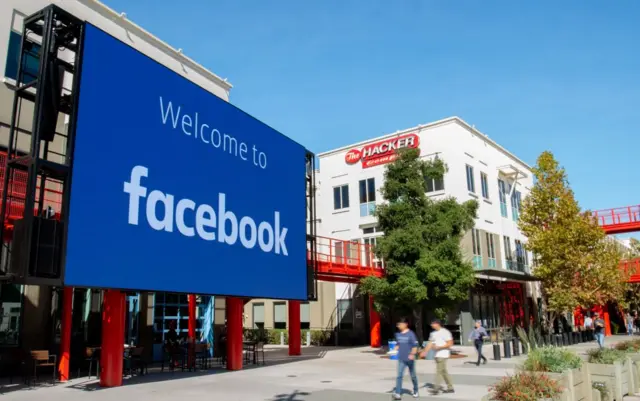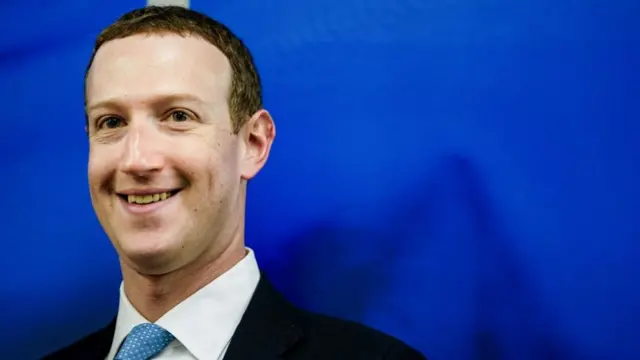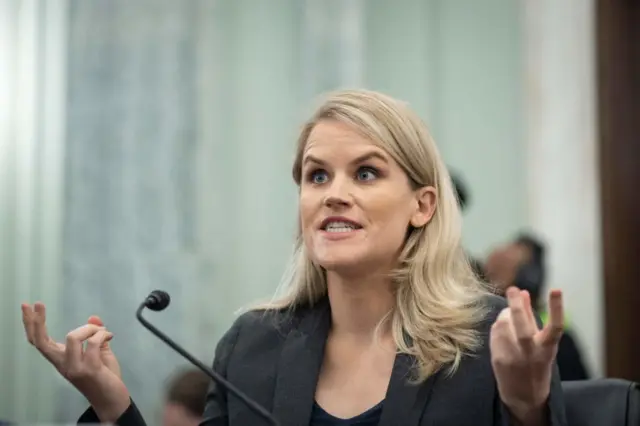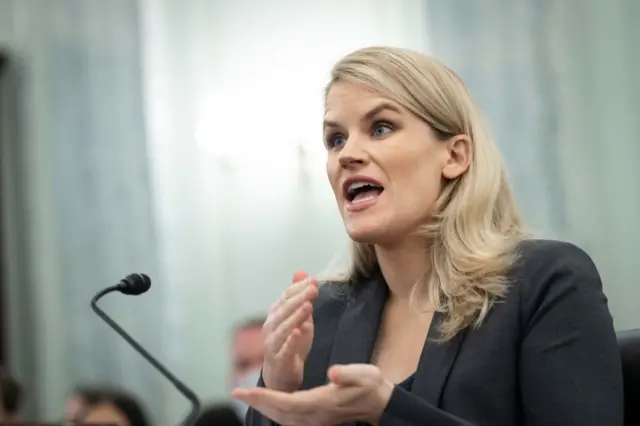That's all for nowpublished at 19:13 BST 5 October 2021
'The buck stops with Mark ' - Haugen blasts Facebook's aversion
Today's testimony by whistleblower Frances Haugen will likely keep Facebook in the hot seat for a while.
That's a wrap on our live coverage - thanks for joining us. You can follow updates to this story here.
Here's a recap of what happened today:
- Haugen said Facebook routinely prioritises its profits and growth over the safety of its users.
- When it comes to oversight and accountability she said "the buck stops with Mark" - referring to Mark Zuckerberg, the founder and CEO of the company.
- Several lawmakers pointed to research that suggests Facebook and Instagram worsen teenagers' body image issues and promote eating disorders.
- Committee Chairman Richard Blumenthal called the company "morally bankrupt" and said parents and bullied teens, among others, were watching their actions closely now.
- Haugen suggested Facebook was harmful to democracy and had taken away many safeguards it had in place for the 2020 election.
- Facebook directly pushed back against Haugen's testimony and the reporting on it, with top spokespeople tweeting out rebuttals as Haugen spoke to Congress.
- Haugen argued the company has a culture of insularity that leads to a lack of accountability.
- But she also said she does not support breaking up the company, which many politicians have suggested.
Today's reporting was brought to you by Ritu Prasad, Jessica Murphy, Marianna Brady, Sam Cabral, Holly Honderich, Bernd Debussman and David Molloy.










